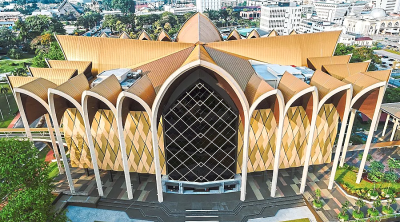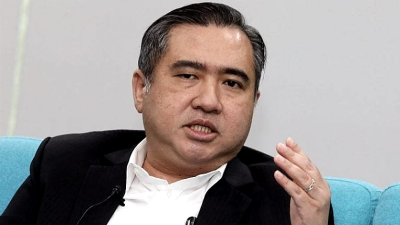By Dr Howie Lim Sin How / Dr Nirmala Bhoo Pathy
In a recent article published on Borneo Post online, Mr. Ching accounted his story of being bullied and traumatized by the netizens in social media due to of his COVID19 positive status. Mr Ching was most probably exposed to the virus when he was working in Hong Kong. He was blamed by his friends and acquaintances from social media for bringing in the virus from a foreign country. Several contextual factors are important: Mr Ching returned to Malaysia on Feb 1, during the Chinese New Year holidays. During that period, the epidemic was worsening in China and the city of Wuhan was completely shutdown by Chinese authorities while many Malaysians were still enjoying their public holiday, attending social events without knowing the need for social distancing and other preventive measures for COVID-19. In fact, the name COVID-19 was only christened by the World Health Organization on February 11. A pandemic was subsequently announced on March 11, and Malaysia went on to ban international travels on March 18.
Fighting stigma and discrimination is just as important as fighting COVID19 itself. The pandemic has revealed the fundamental inequalities in many societies. The rich and powerful often can come out as victims, with no attribution of blame. On March 10, American actor, Tom Hanks announced publicly that he and his wife tested positive while filming in Australia. Soon after, other celebrities shared their experiences with the infection and recovery. Particularly, the Prime Minister, Boris Johnson's hospitalization due to COVID19 shocked the world; he later recovered and thanked profusely the frontliners for saving his life. The public sharing from these famous and powerful people serves to dispel the stigma of the disease and provide a more accurate, personal account of the disease.
Understandably, many people are feeling anxious and fear of becoming infected with the novel SARS—CoV-2. Prejudice, bias and discrimination arise when we are unfamiliar with the things we discriminate against. Fortunately, we now have a great deal of knowledge about the transmission of the virus and how to prevent it through behavioral measures including physical distancing, maintaining hand hygiene, and wearing face masks.
Fighting stigma attached to the virus is important as public health surveillance requires voluntary screening from all citizens who might be exposed to the virus. Transparency is the key in collecting data and monitoring the trend of the outbreak. In the very beginning of the epidemic, countries like Taiwan has provided public data of geographic location of the positive cases to facilitate contact tracing. Similarly, there are apps in Malaysia which tell you the location of the "hot spots" in the community. Failure to disclose exposure history will have disastrous consequences, as we have seen in the past where some high-risk individuals who hid their contact or travel history (e.g. attendance to the tabligh event), hence infecting several unsuspecting frontline healthcare workers. Some of these unfortunate incidences could have been avoided, had we as a society stopped stigmatizing individuals and labeling them based on their social standing, religious beliefs, travel history, and citizenship status.
More than two months of partial lockdown in Malaysia, and coronavirus is still spreading in certain 'hot spots' in our communities. The truth is that the majority of patients recover from the disease (thanks to our high quality healthcare system in Malaysia). A person who has recovered from COVID-19 like Mr Ching deserves our support, not blame. We need more people who might be in contact with exposed individuals to come forward for testing. Blaming and discriminating against the victims and persons under investigation (PUI) would only impede testing, especially in vulnerable populations such as the migrant workers. It is time for us Malaysians to be more socially responsible by playing our part in sharing of correct information, and also refusing to participate in any activities that may fuel stigmatizing attitudes during the pandemic.
(Dr Howie Lim Sin How is a senior lecturer at the Dept of Social and Preventive Medicine, Faculty of Medicine, University of Malaya; Dr Nirmala Bhoo Pathy is a Public Health Medicine Specialist and Associate Professor of Epidemiology at the Dept of Social and Preventive Medicine, Faculty of Medicine, University of Malaya.)
ADVERTISEMENT
ADVERTISEMENT


































